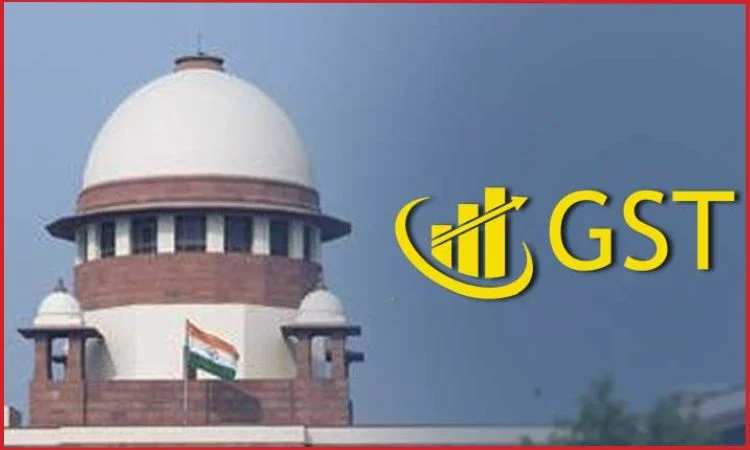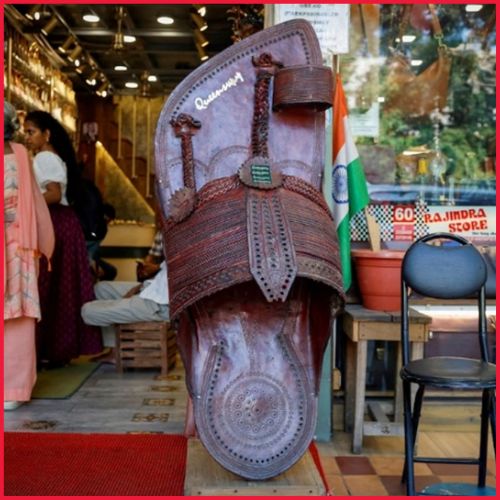In a major legal development for the online gaming industry in India, the Supreme Court has stayed the Goods and Services Tax (GST) show-cause notices issued to multiple gaming companies. The verdict came in at the hands of a bench headed by Justice JB Pardiwala in a bid for temporary reprieve from increased attention of tax authorities, coupled with increasing regulatory uncertainty. The Supreme Court has finally listed the matter before it for hearing on 18 March, 2025.

PC: Ommcom News
The GST show-cause notices were issued by the Directorate General of GST Intelligence (DGGI), which accused gaming companies of evading GST worth approximately ₹1.12 lakh crore during the fiscal year 2022-23 and the first seven months of 2023-24. This amount does not include interest and penalties. Since the notices were issued under Section 74 of the GST Act, the department could levy a penalty of as much as 100% of the tax demand. Hence, the overall liability may shoot up to ₹2.3 lakh crore with additional charges.
The DGGI issued 71 notices to different gaming companies, which made many investors and gaming industry stakeholders uneasy about the economic implications. This tax evasion scam had created such an atmosphere that many companies have filed lawsuits in court against these notices.
On July 2023, the 50th GST Council meeting resolved to impose a 28% GST on the entire face value of online gaming. This will come into effect from October 1, 2023. Many startups have faced multiple shutdowns and layoffs across the sector because of this decision. The imposition of such a high tax rate raised alarms among entrepreneurs, many of whom argued that the new tax regime would stifle growth and innovation within the gaming sector.
In response to these developments, over 100 Indian entrepreneurs, CEOs, and industry bodies engaged in real-money gaming wrote to the Indian government requesting a reevaluation of this taxing policy. They claimed that high tax rates would force legitimate businesses underground, encouraging unregulated gambling practices.
Several gaming companies, including major players like Gameskraft, Dream11, Probo, and MPL, have received the GST notices and have also challenged the retrospective tax in the Supreme Court. The court’s decision to stay these notices is expected to alleviate some immediate financial pressures faced by these companies. In addition, the Supreme Court has transferred 27 writ petitions pending in 11 high courts across the country, centralizing the legal proceedings related to GST on gaming in one forum.
This will provide much-needed breathing space to the online gaming industry as companies will not have to live in the fear of punitive tax actions while going about their business. The final hearing will be approaching soon, and the verdict will probably set the course for the future of the gaming industry in India, which is finding its way through a maze of regulations.
This stay on the GST notices by the Supreme Court marks a turning point for the online gaming sector, giving it a breather from the rising regulatory pressures. With the final hearing scheduled for March, stakeholders will keenly follow developments, hoping that the decision made will help in sustainable growth and address the government’s tax concerns. The future of digital gaming in India will be shaped by the dialogue between the gaming industry and regulatory authorities.














